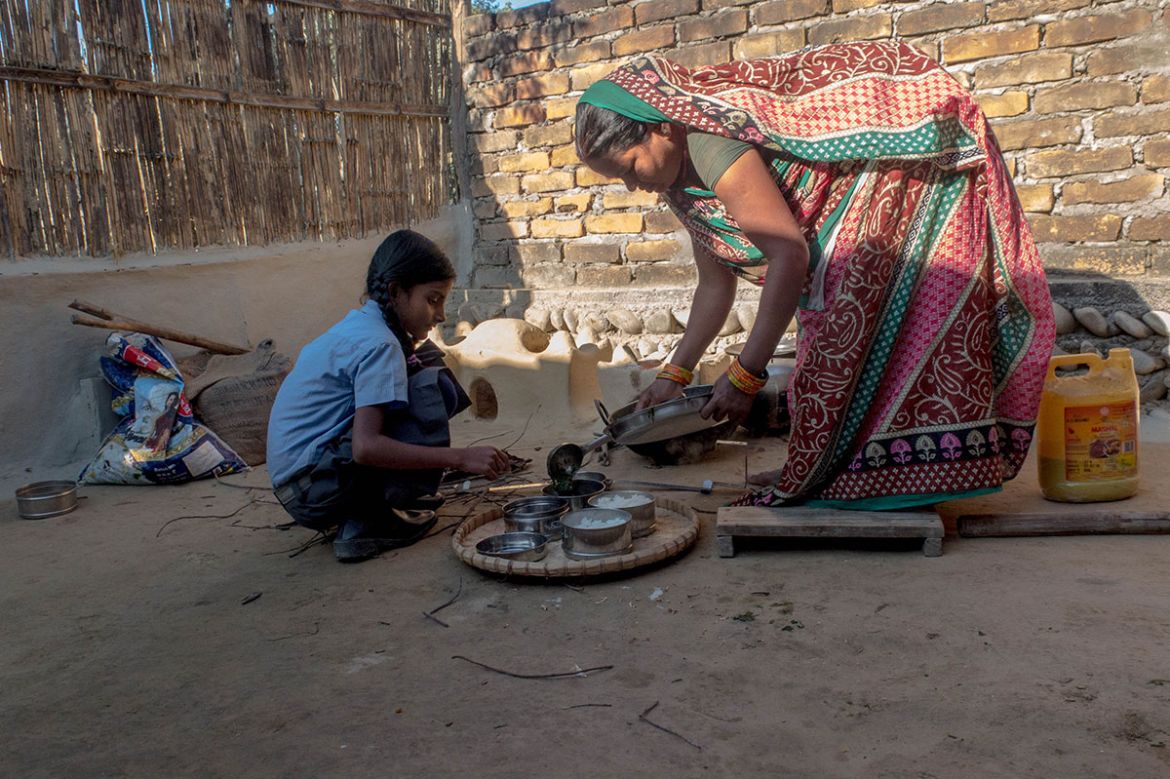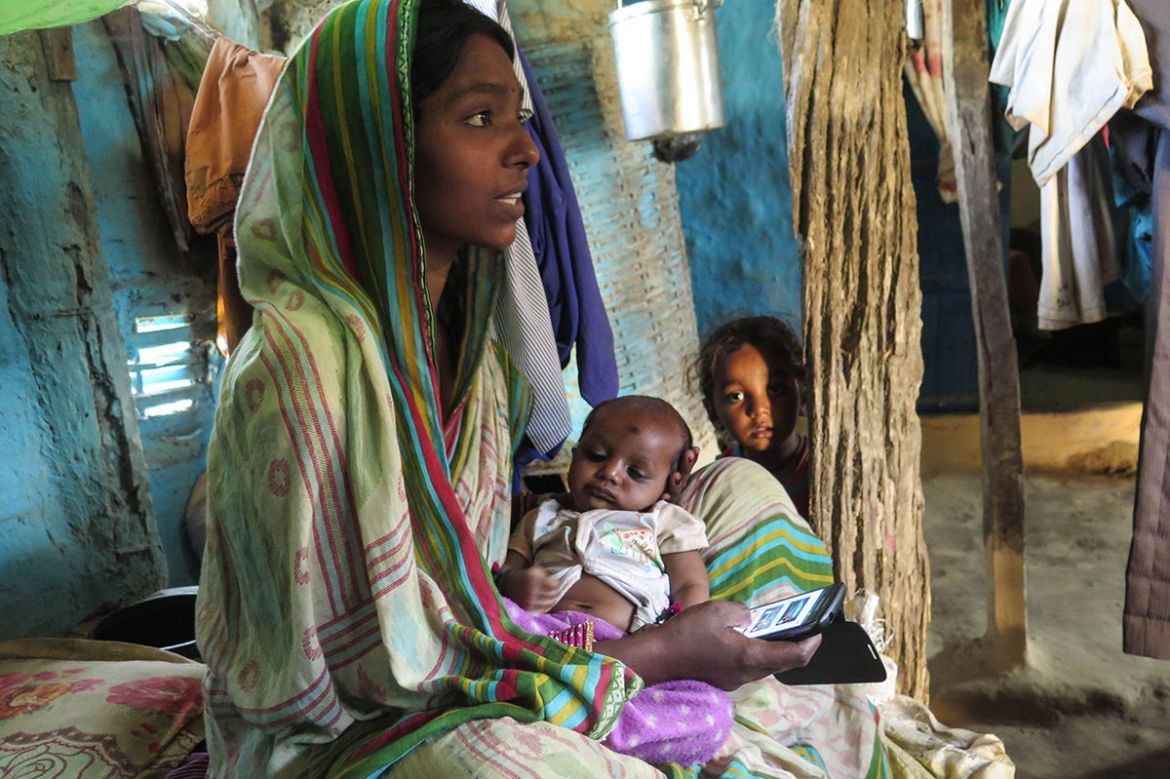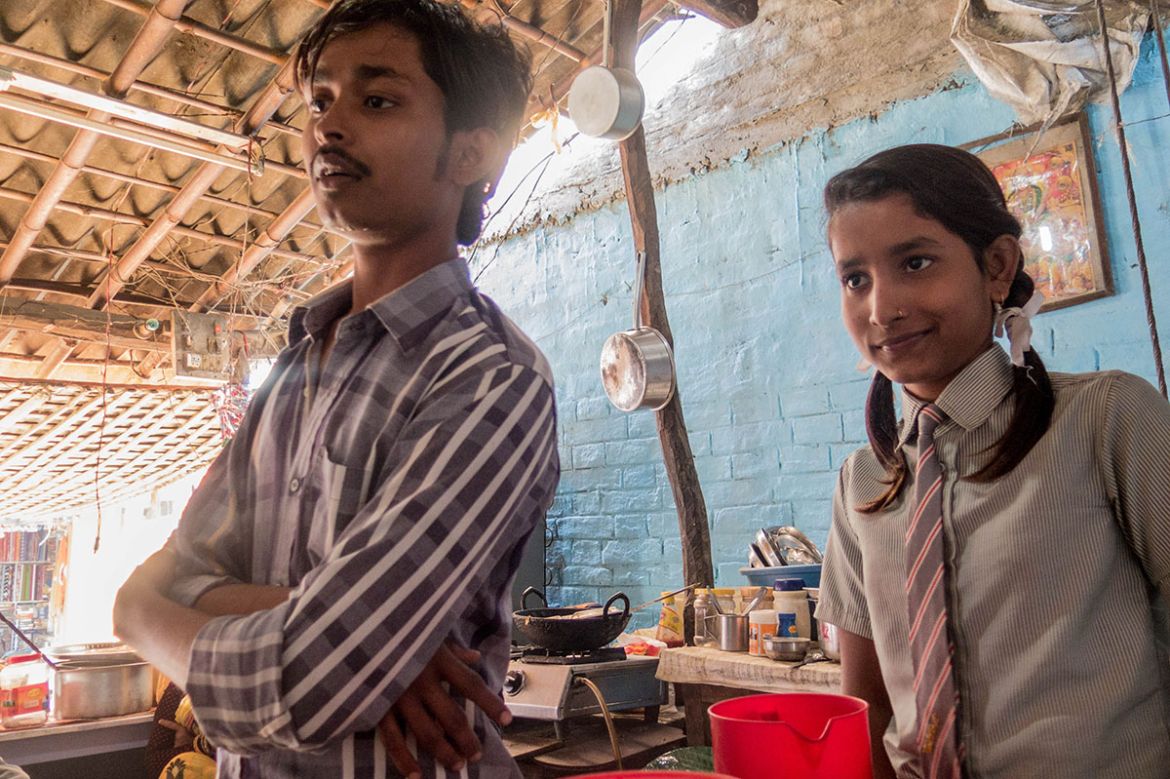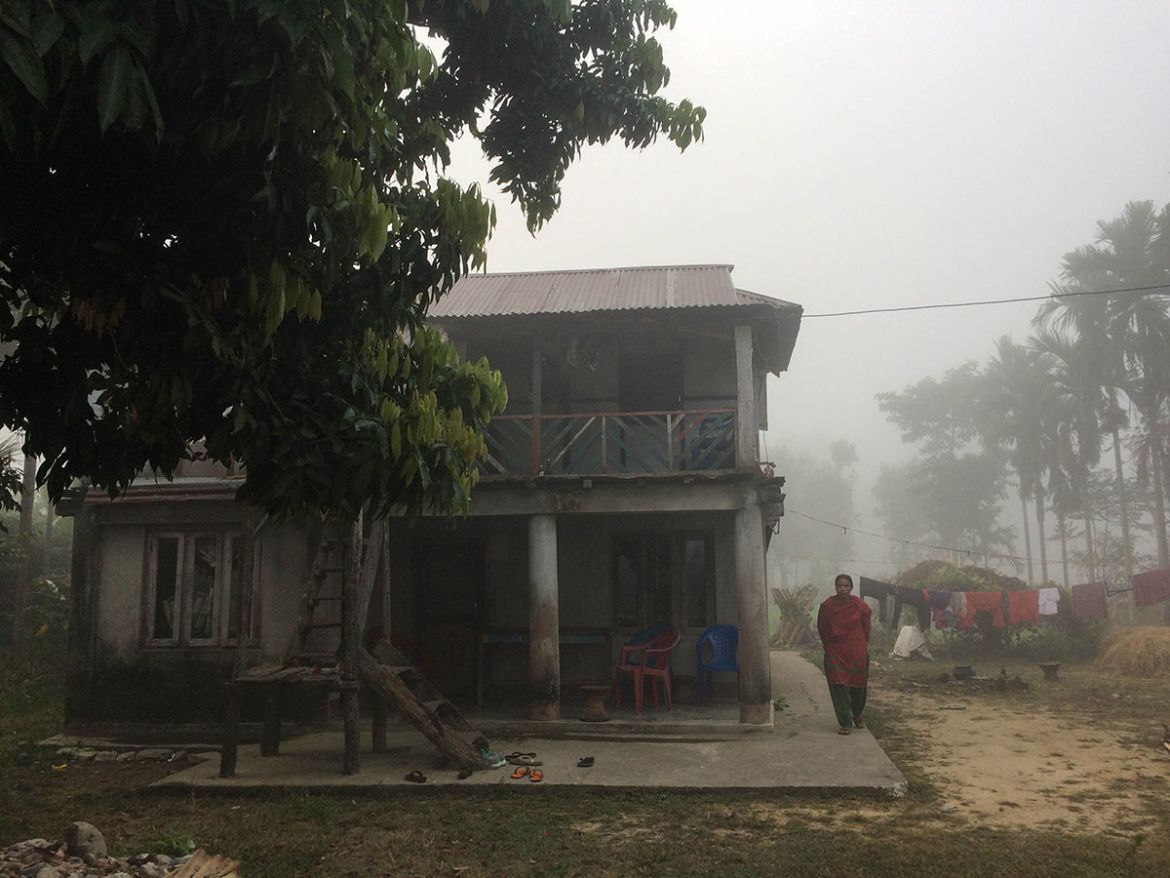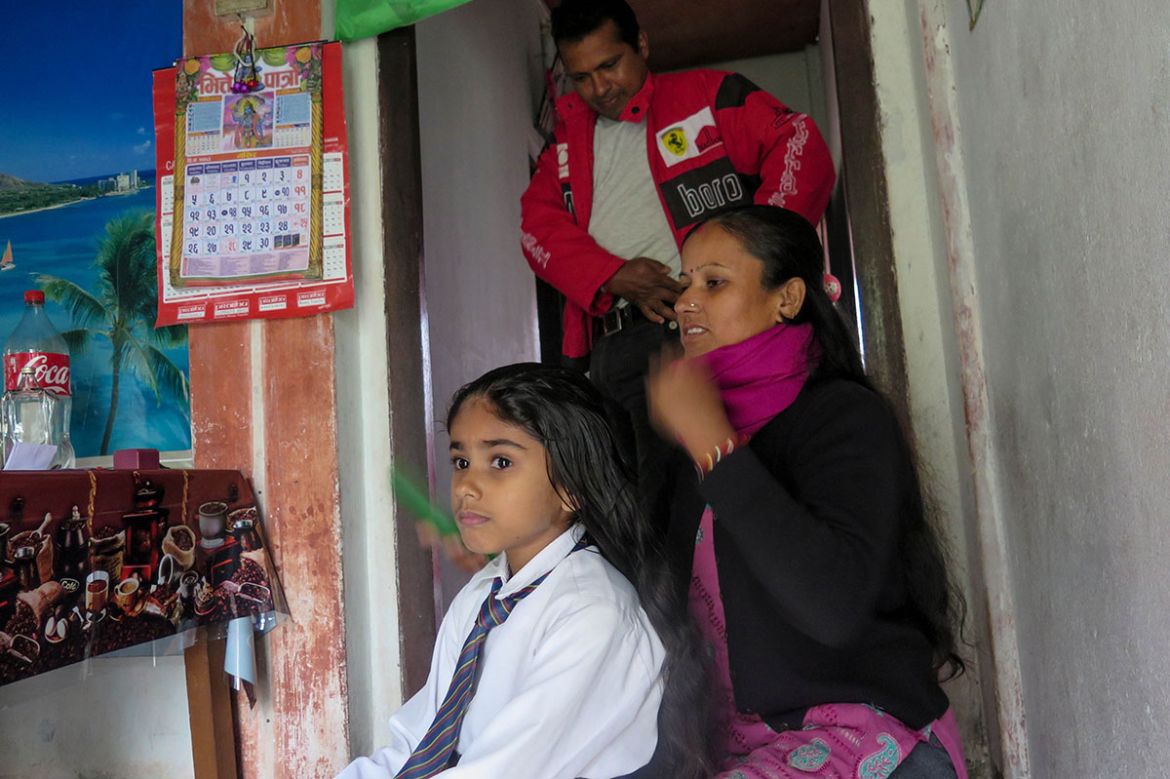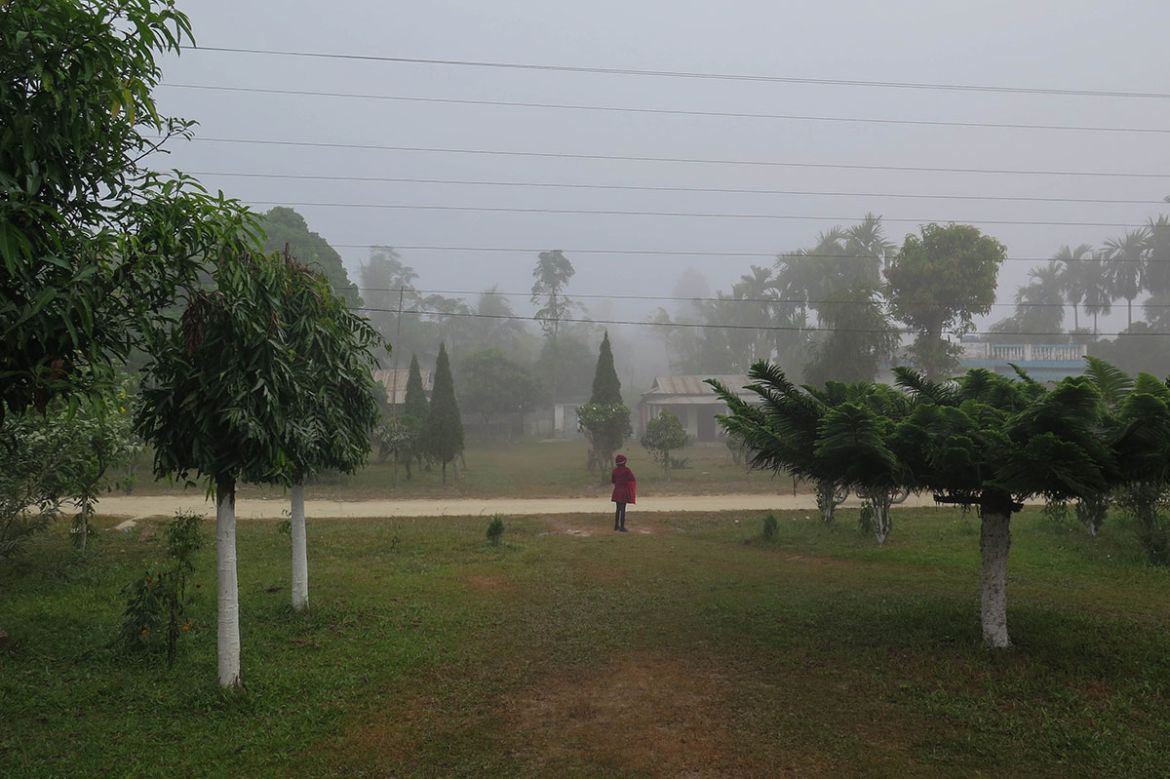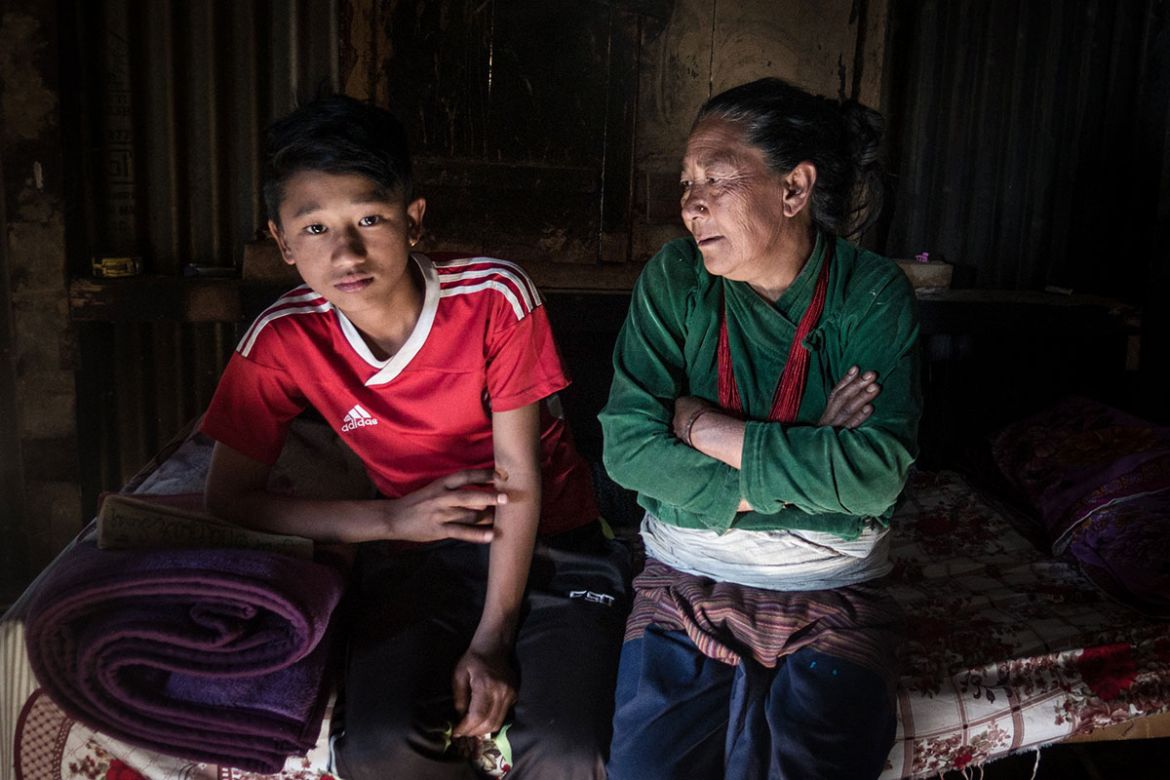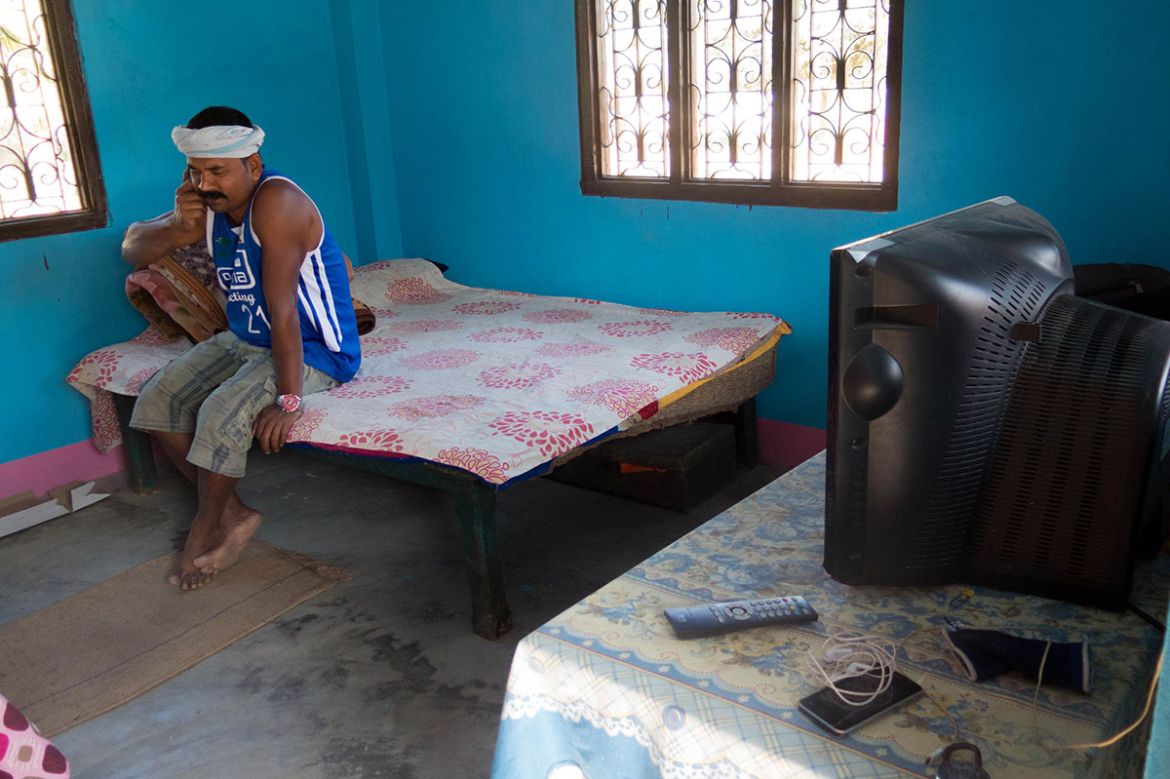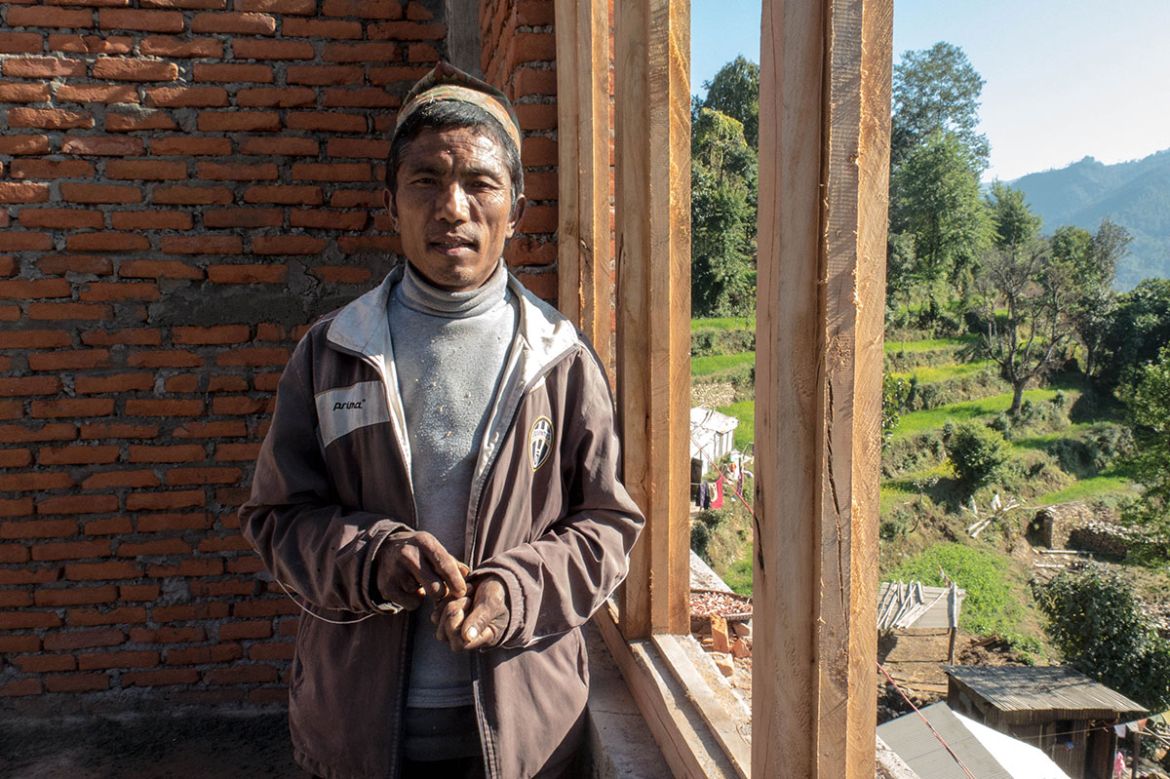In Pictures
Nepal: Economic migrants spark unlikely shifts in power
No country in the world is more reliant on remittances than Nepal, where it makes up 32 percent of the GDP.

Each day, thousands of Nepalis fly out of Kathmandu for work. They serve in restaurants in Europe and farm plantations in East Asia, but an increasingly large percentage are employed in menial jobs in the Gulf states, where work visas are easy to come by, and labour is badly needed.
Today, about three million Nepalis, some 10 percent of the population, work abroad. Their migration lends an outsized role to the economy. According to a UN report released last month, no country in the world is more reliant on remittances than Nepal, where it makes up 32 percent of the GDP. That figure has nearly doubled since 2007 when it stood at 17 percent.
Much has been written about the risks attendant in such migrant labour, the worksite deaths, abusive bosses and exploitation, not to mention the vast debt usually incurred to procure papers and jobs.
Few people now go into the labour force without some awareness of these risks. But to speak to migrants and their families, you will far more often hear of sacrifice and opportunities. Women who were child brides now send their daughters to school; men who spent decades living away from their families return to see their college-educated children flourish.
